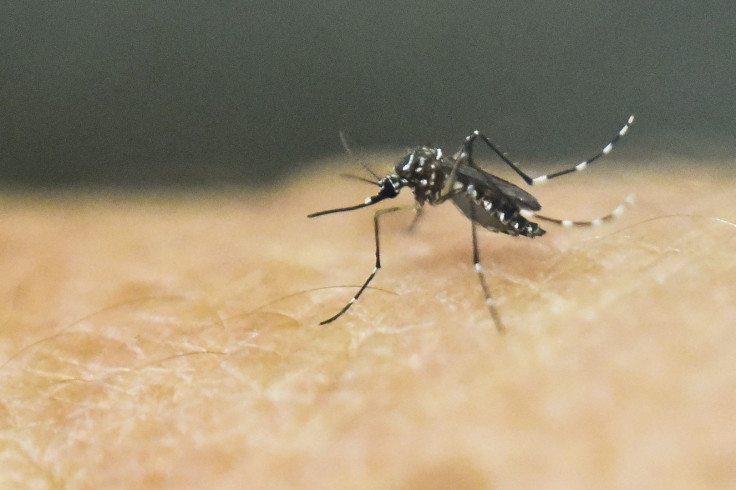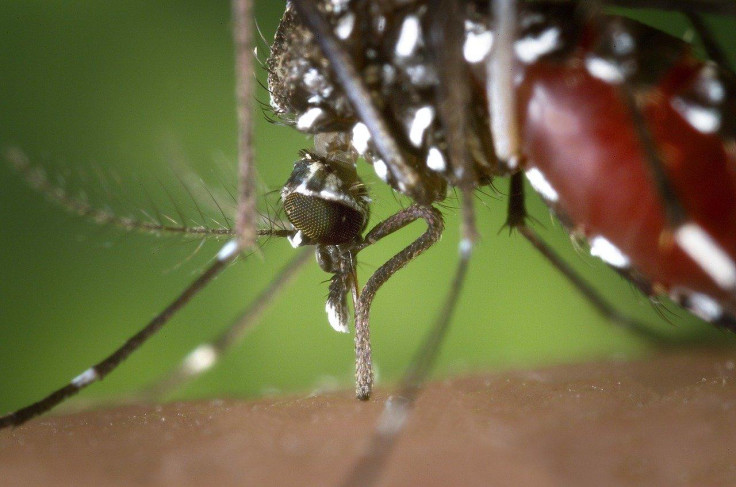Illinois Logs First Human Case Of West Nile Virus For 2021

The state of Illinois has logged its first human case of for 2021. It is the "leading cause of mosquito-borne disease in the continental United States," according to the Centers for Disease Control and Prevention (CDC).
The Illinois Department of Public Health (IDPH) confirmed the state's first human case of for the year Tuesday. The patient who tested positive for the disease is a Cook County man in his 80s who fell ill in mid-June, the IDPH said in a statement.
is a mosquito-borne disease transmitted by the bite of a Culex pipiens mosquito, also known as a house mosquito, the IDPH explained.
Typically, cases of are reported during mosquito season, which runs from summer through fall. Only recently, health officials in Camden County, New Jersey, confirmed the death of a county resident from the disease.
was first identified in Illinois in September 2001 after its presence was confirmed in two dead crows found in the Chicago area. By the end of 2002, the state logged more human cases and deaths than any other U.S. state. In 2020, the state logged 42 human cases of , including four deaths. However, the IDPH noted that human cases are "underreported."
Some of the common symptoms of include headache, muscle aches, fever and nausea that may last from days to a few weeks. Symptoms may occur somewhere from three to 14 days after being bitten by an infected mosquito. However, "four out of five" do not show any symptoms at all, the IDPH noted.
"More severe infections are marked by a rapid onset of a high fever with head and body aches, disorientation, tremors, convulsions and, in the most severe cases, paralysis or death," the agency said.
There is so far no vaccine for , the CDC said. As such, the best way to prevent contracting the disease is to protect oneself from mosquito bites. Safety measures include wearing long-sleeved shirts and pants and using Environmental Protection Agency (EPA)-registered insect repellents.
It's also important to control the mosquito population both indoors and outdoors by installing tight-fitting screens and removing the standing water in objects like buckets, planters, old tires and even toys where they can breed.
"While we continue to battle the COVID-19 pandemic, we must also remember to take steps to protect our health from other illnesses," Dr. Ngozi Ezike, director at IDPH, said in the statement. " is something we see every year in Illinois and it is important people take steps to prevent mosquito bites and the viruses they carry by wearing insect repellent and getting rid of standing water around their homes."

Photo: FotoshopTofs - Pixabay





















